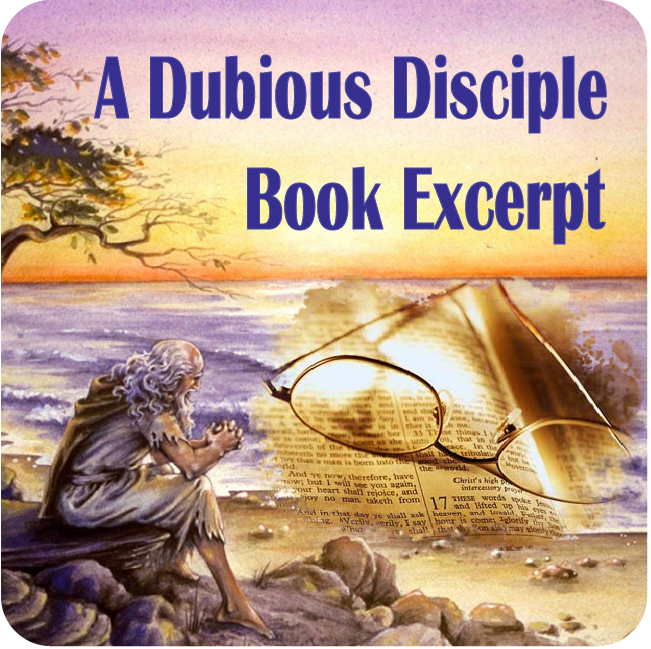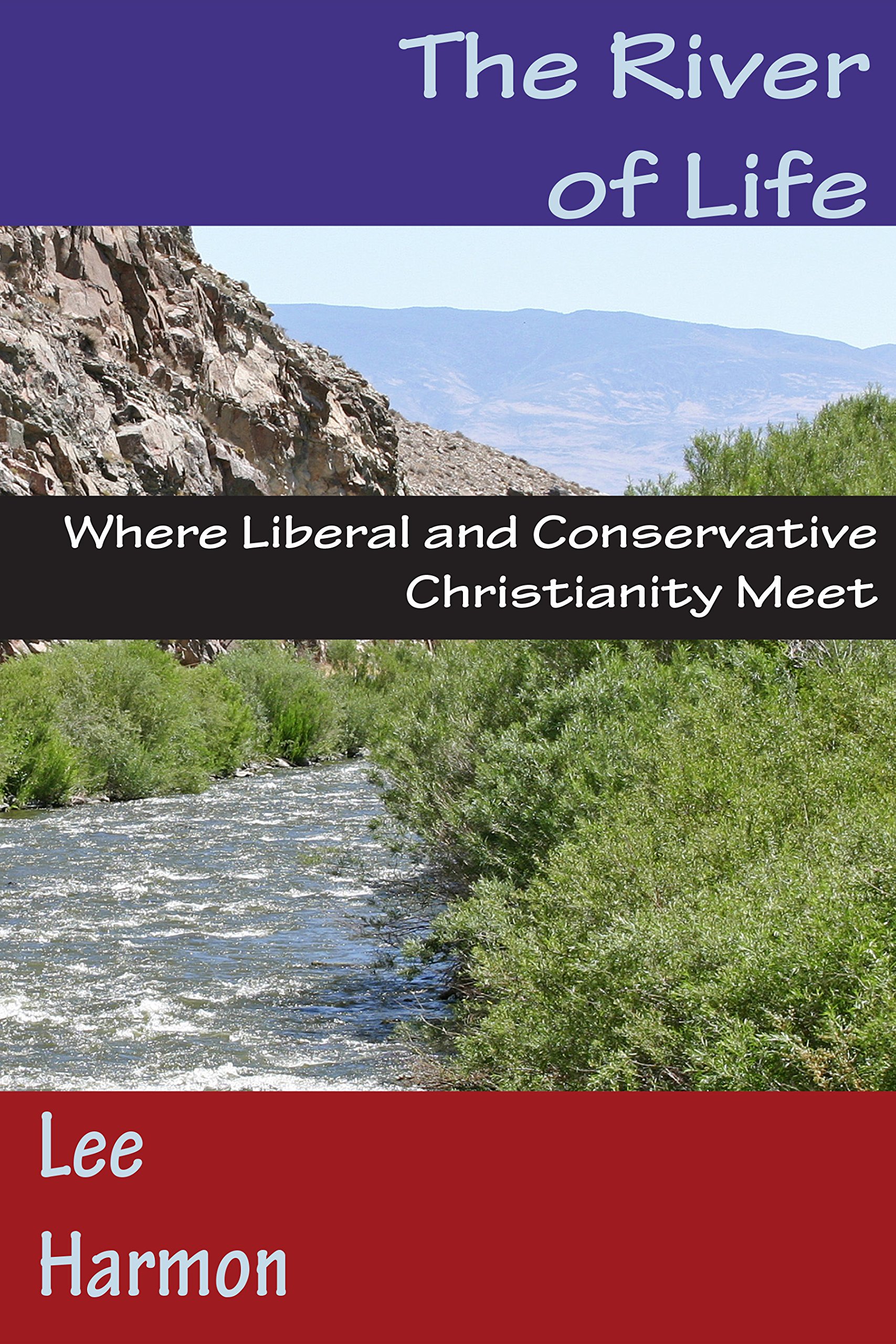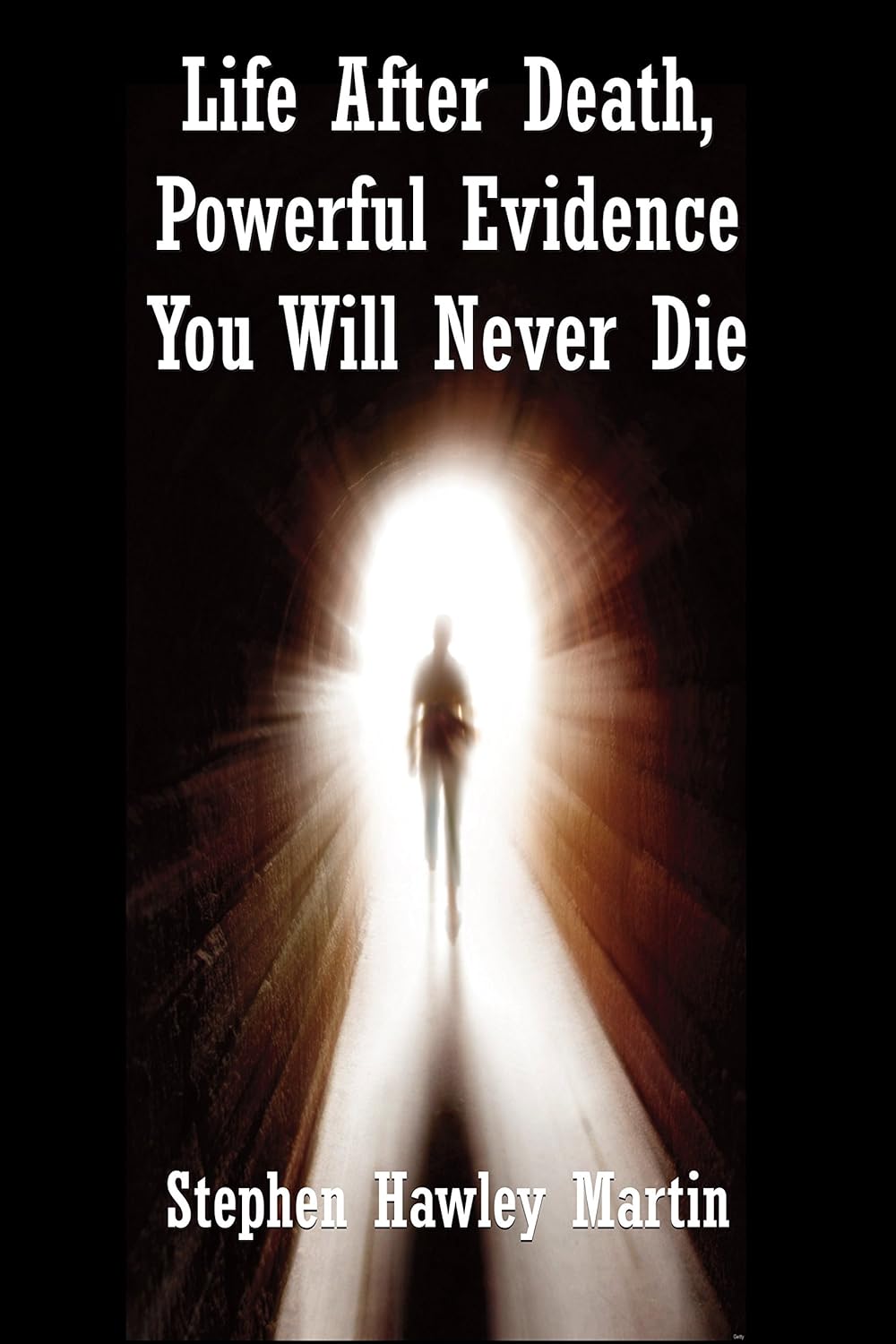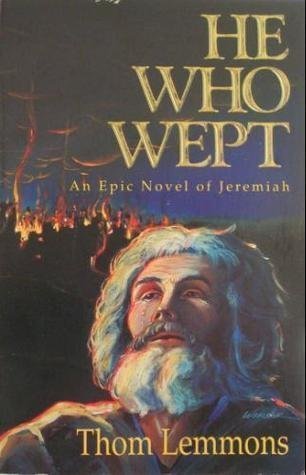Book Excerpt: The River of Life
The word “gospel” means “good news.” Jesus says his message is good news—not to the prosperous, but to the poor. Not to the happy, but to the brokenhearted. Not to the slave owner, but to the captive. Not to the seeing, but to the blind. Jesus himself says the reason he came was to “preach the acceptable year of the Lord.”
Do you know what the “acceptable year of the Lord” is? Many translations read “the year of the Lord’s favor.” Does that help explain it?
This special year, often called the Jubilee, occurs every fifty years in the Old Testament. It is the year in which debts are forgiven, slaves are set free, and property is returned to its original owner. It is a law that had fallen into disfavor, and it’s anybody’s guess whether anyone at all observed the Jubilee year anymore by Jesus’ time. Having read these words about the Jubilee, Jesus tells the crowd, “Today this scripture is fulfilled in your hearing.”
Let’s be clear, here. Jesus is not talking about proclaiming the good news of a future resurrection. His gospel is not about heaven at all. Jesus is talking about bringing relief for the desperate and freedom for the oppressed, and this he calls the gospel. His message is very this-worldly, and his gospel is directed to the commoner. The same message is repeated a couple chapters later: “Blessed are you who are poor.” Not “poor in spirit,” but just plain “poor.” Why? Because, says Jesus, the Kingdom of God has arrived on earth, and now things will be different.
You may be more familiar with Matthew’s Sermon on the Mount than Luke’s version, sometimes called the Sermon on the Plain. Both are basically the same scene, drawn from the same source. But in Luke’s version, the sayings are very down to earth, not meant in a spiritual way at all. Let’s look closer at the beatitudes. In Luke, we’re not dealing with the poor in spirit, we’re dealing with the poor. We’re not dealing with those who hunger after justice, but with those who are truly hungry. It’s not about those who are persecuted for righteousness’ sake, but simply all who are persecuted. Luke is not about spiritual needs, but about stark reality. In Luke, Jesus is concerned about those with empty stomachs, the real have-nots, the people who are weeping now.

Exodus 4:16, Moses as God
So he shall be your spokesman to the people. And he himself shall be as a mouth for you, and you shall be to him as God.
//These words are spoken by God to Moses about Aaron. God tells Moses that Aaron will do the speaking for him, and he (Moses) will act as God for Aaron.
Does this make Moses divine, taking on the role of God? The Jewish writer Philo (c. 25 BCE – c. 50 CE) thought so. He wrote “Having given up and left behind all mortal kinds, [Moses] is changed into the divine, so that such men become kin to God and truly divine” (Questions on Exodus 3.29). He even goes further and suggests that moses was a preexistent divine being: “And even when [God] sent him as a loan to the earthly sphere and caused him to dwell there, he fitted him with no ordinary excellence, such as that which kings and rulers have, … but he appointed him as god, placing all the bodily region and the mind which rules it in subjection and slavery to him” (Sacrifices 8-10).
Does Moses sound a lot like Jesus in this discussion? Philo lived at the same time as Jesus, and wrote about Moses as the Jewish pre-existent, heaven-sent earthly spokesman for God.
Were both Moses and Jesus God? Or were neither? Or do we need to rethink what it means when a human is spoken of in the Bible as divine?

1 Thessalonians 5:17, When to Pray
Pray without ceasing.
//Do you believe in prayer? Stephen Hawley Martin, in his book Life After Death, Powerful Evidence you Will Never Die, describes an experiment performed by Christian Science practitioners. It relates to the effect of prayer in times of stress.
That it was Christian Science practitioners who dreamed up the experiment shouldn’t come as a surprise. See http://www.dubiousdisciple.com/2012/07/book-review-21st-century-science-health.html for more information about this belief system. But did they learn something useful?
Prayer, they found, doesn’t just affect people. It affects plants as well. Rye seeds were planted, and half of the seeds were prayed for. A statistically greater number of rye shoots sprouted among the prayed-for seeds. But is this convincing evidence?
Practitioners next began adding salt to the water, stressing the rye seeds. They started with a small dose of salt–one teaspoon per half-gallon of water–and found that out of 2000 prayed-for seeds, 800 sprouted. 778 out of 2000 unprayed-for seeds sprouted. Prayer helped 2.3% more seeds sprout. Convinced yet?
They added more salt, and naturally fewer seeds sprouted. But as more stress was added, prayer had more effect. When they put in 1.5 teaspoons of salt, the prayed-for batch sprouted 3.3% more often. With 2 teaspoons, prayer helped 13.8% more sprout. With 2.5 teaspoons, prayed helped 16.5% more seeds sprout. Encouraged, they tried 3 teaspoons. Now 30.8% more seeds sprouted among those prayed for.
So do dire circumstances make people–or in this case, plants–susceptible to the power of prayer? Now the practitioners went all out, adding 3.5 teaspoons of salt to the water. This time, way overstressed, the prayed-for seeds grew 5 times as often. Prayer seems to work best in times of distress.
It appears what they say is true: There are no atheists in foxholes.

Book Excerpt: Life After Death, Powerful Evidence You Will Never Die
by Stephen Hawley Martin
How do we believe?
I reviewed this book a couple days ago, and obtained permission to print the following excerpt. Its relevance to religion, and life after death in particular, should be recognizable.
pp 140-141
For years, Drew Westen, a psychologist at Emory University, has been studying how people think, particularly in the area of politics. … In experiments using MRI scans, Westen has demonstrated that persons with partisan preferences believe what they want to believe regardless of the facts. Not only that, they unconsciously congratulate themselves–the reward centers of their brains light up–when they reject new information that does not square with their predetermined views.
In one test, subjects were presented with contradictory statements made by George Bush and John Kerry. Republicans judged Kerry’s flip-flop harshly, while letting Bush off the hook for his. Democrats did the reverse. Interestingly, brain scans showed that the parts of the brain accounting for emotion were far more active during the experiment than the reasoning parts.
Anyone who follows politics will not be surprised by this. The truth is, Westen’s research does not relate anything new. Solzhenitsyn characterized this phenomenon as “the desire not to know.” …
Results such as this might help explain why some debates never seem to end. People are invested in the positions they take. So, as Westen puts it, they have a tendency to weigh not just the facts but also, “what they would feel if they came to one conclusion or another, and they often come to the conclusion that would make them feel better, no matter what the facts are.”

Book review: Life After Death, Powerful Evidence You Will Never Die
by Stephen Hawley Martin
★★★★
Martin presents evidence in this book for consciousness outliving our bodies, and finds the case for reincarnation strong. He points to a cosmic mind as something we all share. He discusses Near Death Experiences, communication with spirits, the unlikelihood of evolution alone accounting for our guided development, and more to back up his arguments.
Most of the evidence presented is case studies. There’s little repeatable experimental research described, but one section of the book was fascinating to me: Martin describes double-blind experiments that show statistically significant results regarding the success of mediums.
Not to sound pedantic, but I don’t think you’ll read much evidence herein that you’ll never die. Martin does provide evidence that your consciousness will live on–at least temporarily–after death, but not that we are eternal beings. At one point a person describes their out-of-body experience as “in a place that is noplace” or “not bound by time and space,” but that that may be the best “evidence” of eternal existence.
I confess that when Martin starting writing about birthmarks, I began to feel like I had entered the twilight zone. He argues that the mind is powerful enough to shape matter, and since our mind lives on after we die, it causes imperfections–birthmarks and even missing limbs–during birth that mimic trauma in a past life. Did you die in your last life by being shot in the head? You may have a birthmark from the bullet wound.
On the other hand, there were a couple passages in the book that were very enlightening. I’ll try, with the author’s permission, to provide excerpts in coming posts.
My opinion about all this? Don’t believe it. But don’t disbelieve, either. Embrace the mystery that exists until further research provides more evidence.
The Oaklea Press, © 2015, 168 pages
ISBN: 9781633186293

Matthew 2:2-28, The Sacraments as Sacrifice
And as they were eating, Jesus took bread, and blessed it, and brake it, and gave it to the disciples, and said, Take, eat; this is my body. And he took the cup, and gave thanks, and gave it to them, saying, Drink ye all of it; For this is my blood of the new testament, which is shed for many for the remission of sins.
//Yesterday I posed a question: What are we to make of the ritual Jesus implemented, with the bread and wine, if we accept that Jesus himself was opposed to the sacrificial system? Jesus in many ways stood against the Temple system of sacrificial atonement, yet his own death quickly came to be understood as exactly that.
Is there another way to understand the verses above, about Jesus’s flesh and blood? Yes there is, even in the pointed wording that Matthew uses. Bruce Chilton proposes that Jesus was directly comparing his own teaching of communal sharing against the priestly rites of sacrifice for sin. The Temple had its burnt offerings of flesh, and Jesus had his offering of shared bread. The Temple had its blood sacrifices, but Jesus’s equivalent was his wine. Jesus was implying that simple offerings, just a bit of bread and wine shared with one another, was more holy than than the costly sacrifices of the Temple system. The ritual of a communal meal, accepting one another as equals, should replace the old ritual.
Perhaps Jesus was presenting himself as the new High Priest, shockingly replacing the existing priesthood. His followers would not call for blood sacrifices but for sharing and fellowship.

Matthew 12:17, The Sacrifice for our Sins
But you would not have condemned my innocent disciples if you knew the meaning of this Scripture: ‘I want you to show mercy, not offer sacrifices.’
//Why did Jesus have to die on the cross?
It was to save us from our sins, right? He was God’s substitutionary atonement, the sacrificial lamb, who gave his life for us so we could live. After his execution, his followers increasingly taught that Jesus became a human sacrifice. In fact, they began to associate Jesus with both the sacrificed Passover lamb and the “scapegoat” of Yom Kipper, who was driven out into the wilderness carrying the sins of the people.
But what would Jesus say if we asked him the same question? I don’t know. I speculate in my book about John’s Gospel how Jesus felt, but the interesting thing to note is that Jesus himself was seriously opposed to the sacrificial system. We see him protesting Temple activities and we see him proclaiming that sins are forgiven without the necessary sacrifice. Yet to claim that Jesus died “for our sins” means interpreting his death according to the very priestly logic which Jesus rejected.
What are we to make then of the ritual Jesus left us with: eating his sacrificial flesh, drinking his blood? How can we make sense of this ritual if we side with Jesus against substitutionary atonement?
More tomorrow.

Book review: He Who Wept
by Thom Lemmons
★★★★★
This isn’t a new book–it was given to me by a friend–but I thoroughly enjoyed reading it. It’s historical fiction, based on the prophet Jeremiah.
The loneliness of the life of God’s prophets rings loud and clear. Seldom were they popular in their own time; certainly Jeremiah wasn’t. These are the men who spoke fearlessly in the name of God, often against kings and crowds.
He Who Wept accurately captures the politics of the day, centering on the little kingdom of Judah, precariously sandwiched between the dynasties of Egypt, Assyria and Babylon. They were a people trying hard to trust in their God … all the while Jeremiah, the “weeping prophet,” was proclaiming doom, that God was going to let Jerusalem be destroyed.
Jeremiah was right, though he often wished he wasn’t. Don’t expect this to be an uplifting story! If you know your Bible, you know that much of it was written in exile after Jerusalem was sacked. That means the flavor of our Bible largely derives from the horrible events predicted by Jeremiah. I very much recommend this book, not only for the entertainment of a good novel but as a reminder of the atmosphere in which Judaism spawned.
Questar Publishers Inc, © 1990, 318 pages
ISBN: 0-945564-33-3

Ephesians Chapter 6: Is Football in the Bible?
Put on the whole uniform of the Team, that ye may be able to stand against the blitz of oncoming linebackers. Don the hip pads of truth, the shoulder pads of righteousness, the cleats of preparation. Don’t forget the facemask of faith and the helmet of salvation. Then clutch the pigskin with much Spirit, for that is what the Play Book of your Coach in Heaven demands.
//Readers, I want to apologize for the distraction over the last few weeks. Leslie and I have been working furiously on a start-up business that we hope will carry us into retirement, and it’s cut into our blogging time. We’re going to offer a Fantasy Football commissioner service this year!
We also are leaving now for ten days to visit Disney with my grandson, so we’ll be taking a vacation from the blog for a while. I’ll leave you with today’s post, and if you get curious about what we’re taking on, you can find it here:
See you in a week and a half!

1 Corinthians 2:14-1, The Mind of Christ
But the natural man does not receive the things of the Spirit of God, for they are foolishness to him; nor can he know them, because they are spiritually discerned. But he who is spiritual judges all things, yet he himself is rightly judged by no one. For “who has known the mind of the LORD that he may instruct Him?” But we have the mind of Christ.
//Read today’s verses carefully. How do you feel about them? Do they give you comfort, knowing that you are one of those who possess the mind of Christ? Or do they sound a bit condescending: “You can’t understand the things I know, because what I have learned was taught to me by the Spirit.”
Questioning another’s understanding is often met with this line of thinking. The reasoning goes, “I feel the Spirit, therefore God approves, therefore I have ‘spiritual understanding,’ which trumps natural thinking no matter how foolish it appears.” By this means, one Christian denomination distances itself from another, claiming the mind of Christ.
This was common way back in the second century, when the Gnostic movement latched onto the writings of Paul. (Today’s passage was written by Paul.) Gnostics claimed a deeper knowledge than other Christians, and had the scripture–such as today’s verse–to back it up. If ever there was a dispute over understanding, they could simply claim that their opponents were immature in their spiritual growth. A frustrating stance that works very well, both then and now.

















 354 Circles
354 Circles
 603 Goodreads Friends & Fans
603 Goodreads Friends & Fans

 Hello! I'm an author, historical Jesus scholar, book reviewer, and liberal Christian, which means I appreciate and attempt to exercise the humanitarian teachings of Jesus without getting hung up on any particular supernatural or religious beliefs.
The Bible is a magnificent book that has inspired and spiritually fed generations for thousands of years, and each new century seems to bring a deeper understanding of life’s purpose. This is true of not only Christianity; through the years, our age-old religions are slowly transforming from superstitious rituals into humanitarian philosophies. In short, we are growing up, and I am thrilled to be riding the wave.
I avidly read all thought-provoking religion titles. New authors: I'd love to read and review your book!
Hello! I'm an author, historical Jesus scholar, book reviewer, and liberal Christian, which means I appreciate and attempt to exercise the humanitarian teachings of Jesus without getting hung up on any particular supernatural or religious beliefs.
The Bible is a magnificent book that has inspired and spiritually fed generations for thousands of years, and each new century seems to bring a deeper understanding of life’s purpose. This is true of not only Christianity; through the years, our age-old religions are slowly transforming from superstitious rituals into humanitarian philosophies. In short, we are growing up, and I am thrilled to be riding the wave.
I avidly read all thought-provoking religion titles. New authors: I'd love to read and review your book!
 Hi! While Lee writes the articles and reviews the books, I edit, organize, and maintain the blog. The views expressed here are Lee's but I'm his biggest supporter! :-)
Hi! While Lee writes the articles and reviews the books, I edit, organize, and maintain the blog. The views expressed here are Lee's but I'm his biggest supporter! :-)
Connect With Me!